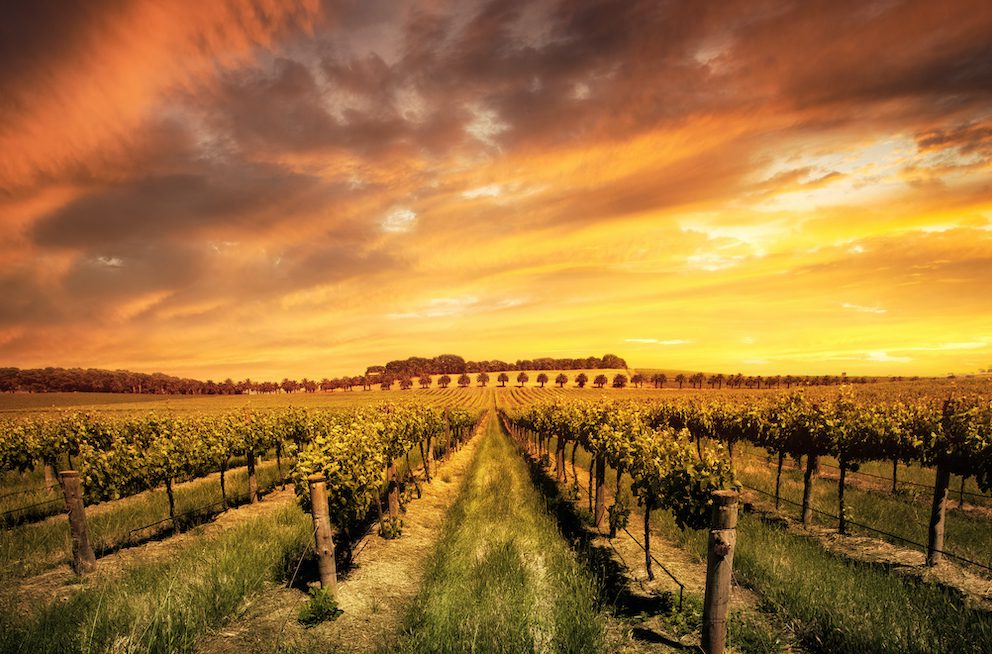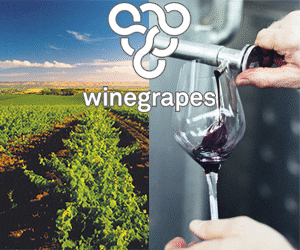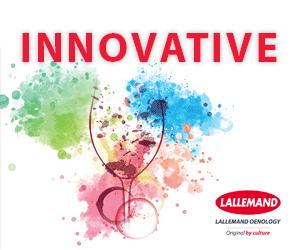
John Geber wants to make one thing clear: he’s not against development such as new hotels in the Barossa Valley.
The owner of Chateau Tanunda last week won a Supreme Court challenge to stop a new hotel development at 252 Murray Street, Tanunda – on land zoned rural.
The $25 million development, by Barossa Central Pty Ltd, was to include a five-star hotel with 141 rooms, six villas, a cafe, shops and a function centre for 200 people.
“The decision to object to the development application was not an objection to a hotel,” Mr Geber says.
“The objection was about the extreme lack of compliance and adherence to the planning code.
“The development was 7,000 percent bigger than what it was supposed to be under the Rural Land Code.
“The Supreme Court acknowledged this variance with its decision.
“It would have been the same objection for any other development that didn’t comply with the rules of building in a rural zone.”
The project was given planning consent by the Barossa Assessment Panel in 2021.
Mr Geber says he was the only objector to the challenge of rural zoning and so was the only one who could appeal.
He says he spent “north of $200,000” on the Supreme Court challenge which took two years.
Justice Malcolm Blue found the plan was seriously at variance with planning rules for the Barossa and was “legally unreasonable” for planning consent to have been granted.
“The decision has protected the soul of the Barossa,” Mr Geber says.
He says the fact that the Supreme Court is the only option for a genuine appeal indicates that the current planning system is dysfunctional and needs to be dramatically changed.
“The previous government in South Australia made fundamental changes to the planning system, which ultimately took away the right of residents to object and appeal against development applications and took away the democratic rights of the community,” Mr Geber says.
“The loss of the community input into planning decisions meant that the people who established, built and are responsible for carrying the Barossa into the future have been cut out of the process.
“Serious action must be taken to ensure that this rare and valuable state asset can continue flourishing as it has done over the last four decades.
“The current Barossa Assessment Panel is not representative of any Barossa residents who understand the soul of the Barossa and how the character preservation is fundamental to the Barossa’s future.
“With the recent difficult times in viticulture and winemaking and so much pressure for development on the rural landscape, we need to urgently develop a process that can cope with the pressure of rapidly changing circumstances.
“We are at a critical juncture of saving or losing the Barossa’s authenticity.”
Mr Geber says the same thing happened in the Napa Valley forty years ago until it was stopped.
“Look at where the Napa is today and how successful it is in wine, supporting authentic tourism and land value,” he says.
Mr Geber has met with Barossa Mayor Bim Lange.
“We agreed that the communication between the wine industry and council officers, and the positioning of the Barossa objectives is poor and needs to be addressed,” Mr Geber says.
“For example, how should the Barossa define itself?”
Mr Geber says Robert O’Callaghan and Robert Hill Smith were mentioned in an article in The Advertiser as having taken part in his Supreme Court challenge.
“But that was not accurate,” Mr Geber says. “They have supported me but they were not part of the legal action.”
• Photo of Barossa Valley for illustration purposes only. Photo: iStock (Ben Goode).
Related content
Chateau Tanunda winemaker Neville Rowe moves on after 10 years













Recent Comments